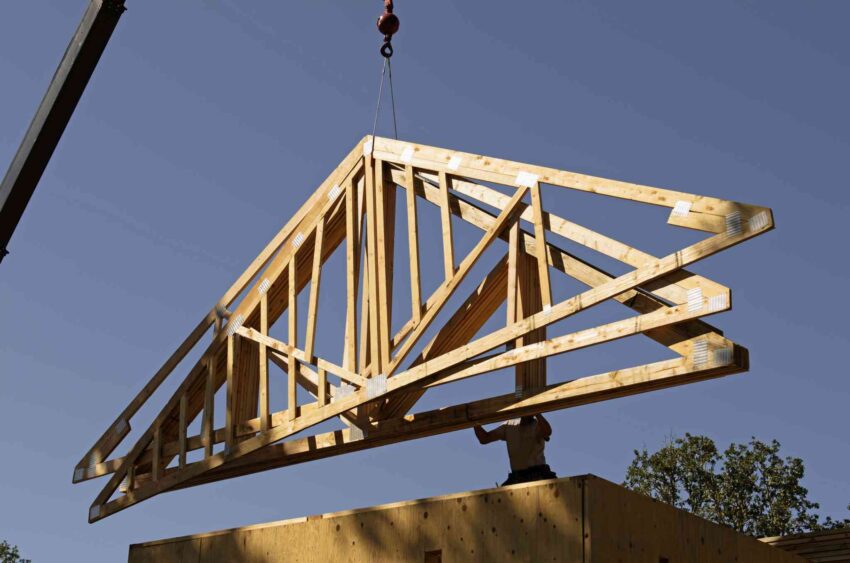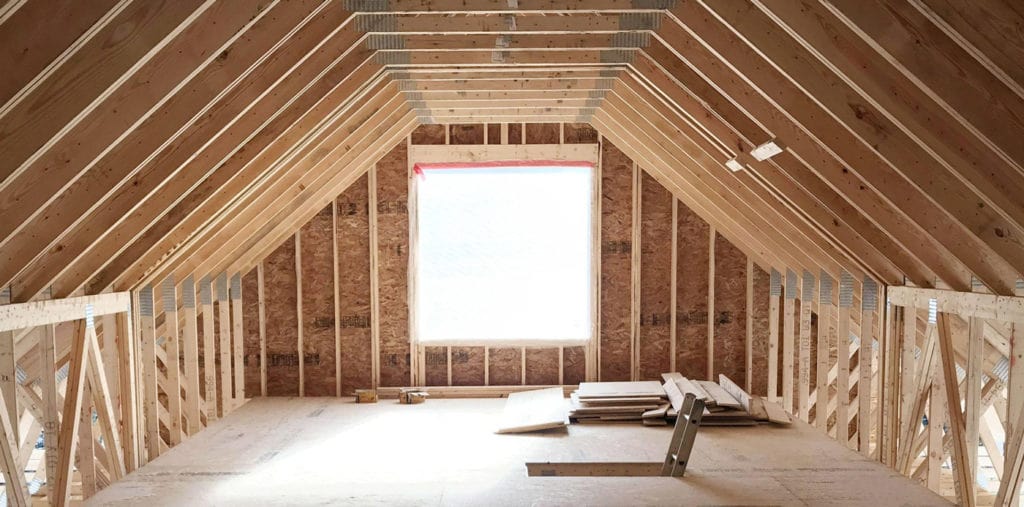Truss roof construction has gained popularity as a favored choice for construction projects due to its multitude of benefits and cost-effectiveness when considering roofing options. Truss roofs consist of pre-fabricated triangular units that offer exceptional stability and structural integrity. In this blog post, we will delve into the details of truss roof construction and explore the advantages it offers.
Understanding Truss Roof Construction
What is Truss Roof Construction?
Truss roof construction utilizes pre-fabricated triangular units called trusses to provide support for the building’s roof. These trusses are produced within a factory and subsequently transported to the construction site. There, they are assembled, raised, and firmly secured to form the foundational framework of the roof. The truss design can vary based on the specific requirements of the building, making it a versatile option for various architectural styles.
How Are Trusses Constructed?
Trusses are commonly made using timber, steel, or a blend of these materials. Timber trusses offer a natural and aesthetically pleasing look, making them suitable for residential projects. Conversely, steel trusses offer outstanding strength and durability, rendering them well-suited for extensive commercial or industrial structures.
What Are the Benefits of Truss Roof Construction?
Speed and Efficiency: Truss roof construction significantly reduces the installation time compared to traditional roofing methods. The prefabricated trusses allow for swift on-site assembly, accelerating the overall construction timeline.
Cost-Effectiveness:
As trusses are manufactured in a controlled environment. There is minimal material wastage, which helps to lower construction costs. Additionally, the swift installation process reduces labor expenses.
Design Flexibility: Truss roof constructions allows for various design possibilities, including different roof pitches, vaulted ceilings, and open floor plans. Architects and builders can customize truss designs to meet specific project requirements.
Structural Strength: Truss roofs offer exceptional load-bearing capacity, ensuring the stability and safety of the entire structure. They can withstand heavy snow loads and high winds, making them suitable for buildings in diverse climates.
Longevity and Durability: When constructed and maintained properly, truss roofs can have a long service life. They are less prone to sagging or warping over time, which can be a concern with traditional roof construction.
Conclusion
Truss roof constructions is a smart choice for any constructions project, be it residential, commercial, or industrial. Its speed, cost-effectiveness, design flexibility, and structural strength make it stand out as a superior roofing option. Whether you are planning to build a new property or replace an existing roof, considering truss roof constructions can bring you numerous benefits in the long run. Embrace this innovative roofing solution and enhance the efficiency and durability of your next construction endeavor.
Remember, consulting with a professional architect or structural engineer is essential to determine the most suitable truss design for your specific project requirements. So, why wait? Experience the advantages of truss roof construction for yourself and embark on a journey to a robust and reliable roofing solution.




